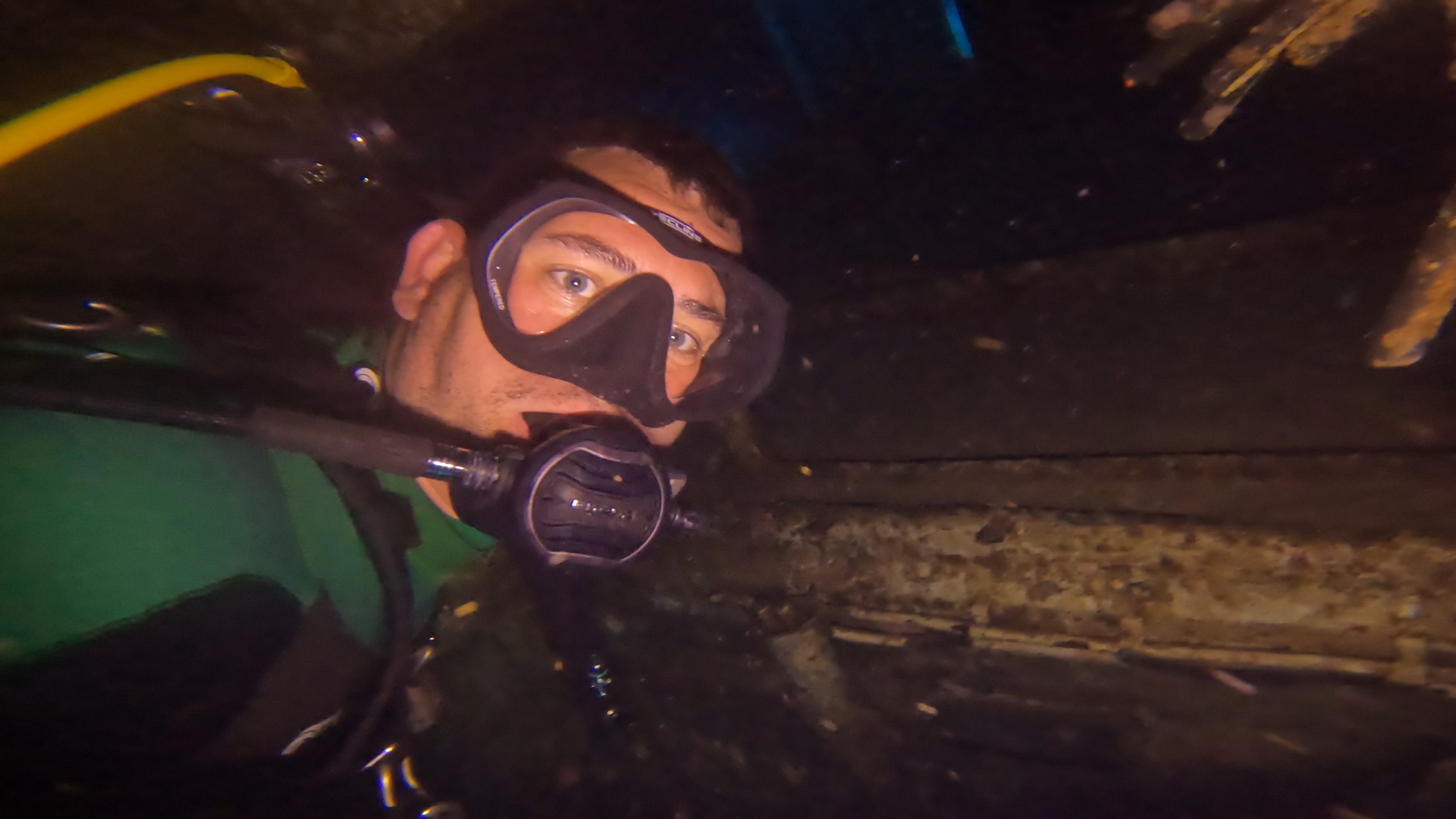Why First Aid Knowledge is Essential for Everyone
- Hugh

- Mar 25
- 4 min read
In a world where accidents can happen at any moment, having a grasp of first aid can be life-changing. Whether you're a parent, teacher, employee, or simply someone who interacts with others daily, knowing how to respond in emergencies is crucial. First aid knowledge empowers you to take action when it matters most and can even save lives. This blog post explores the essential nature of first aid knowledge and why everyone should prioritize learning it.

The Importance of First Aid Education
First aid education is not just for healthcare professionals. Understanding the basics of how to provide initial care during emergencies benefits everyone. Accidents occur in homes, workplaces, and public spaces. According to statistics, about 3 million injuries occur annually in the workplace alone in the U.S. Many of these could be effectively managed with timely first aid.
Moreover, in a critical situation like a heart attack, every second counts. Research shows that a person’s chance of survival decreases significantly without immediate intervention. For instance, providing cardiopulmonary resuscitation (CPR) within minutes can double or triple a person's chance of survival. This makes first aid knowledge not only helpful but potentially life-saving.
First aid skills are beneficial for everyday interactions, too. Parents can handle childhood injuries, teachers can manage accidents during school trips, and even a bystander can help with minor injuries. In essence, anyone can be a vital link in the chain of survival during emergencies.

First Aid : What You Learn
First aid encompasses a range of skills and knowledge that can be applied in various situations. From treating cuts and bruises to managing more severe conditions like choking or heart attacks, the breadth of first aid knowledge is remarkable. Below are some crucial skills typically covered in first aid training:
Wound Care: Knowing how to clean and dress a wound prevents infection and promotes healing.
CPR: Learning to perform CPR can save someone experiencing cardiac arrest, significantly improving their chances of survival.
Choking Response: Understanding how to assist someone who is choking can make a crucial difference in a life-threatening situation.
Burn Treatment: Familiarity with burn classification and treatment enables you to respond appropriately and reduce further damage.
Shock Management: Recognizing the signs of shock can guide you to provide care in situations involving severe blood loss or trauma.
Each of these skills is practical, straightforward, and can be learned in a relatively short amount of time. With hands-on practice during training, individuals will feel more confident in their abilities when faced with real-life emergencies.

What Qualifications Do I Need to Train in First Aid?
Many organizations offer first aid training, and the requirements can vary. Generally, no formal qualifications are needed to begin. However, if you're looking to become a certified first aid trainer, you'll typically need:
Basic First Aid Certification: Start by taking a basic first aid course to grasp fundamental principles.
Trainer Certification: To teach others, you will need to undergo instructor training. This ensures you have both knowledge and teaching skills.
Experience: Having practical experience in first aid situations enhances your effectiveness as a trainer.
Most importantly, seek a reputable organization for your training. Programs accredited by recognized agencies ensure that the information taught is up-to-date and relevant.
Practical Tips for Implementing First Aid Knowledge
Having first aid knowledge is one thing, but being prepared to implement it is another. Here are several actionable steps to enhance your readiness in first aid:
Take a Course: Enroll in a first aid training course. Consider options like first aid training, which provide comprehensive training tailored for various environments.
Stay Updated: First aid guidelines and recommendations can change. Regularly refresh your knowledge by revisiting training courses or online resources.
Create a First Aid Kit: Prepare a well-stocked first aid kit and keep it accessible. Familiarize yourself with the contents and their uses.
Practice Regularly: Skills like CPR or wound care can fade over time. Practice regularly with friends or family members to keep your skills sharp.
Share Knowledge: Encourage others to learn first aid. The more people that are aware and prepared, the safer your community will be.
Becoming a First Aid Advocate
After gaining first aid knowledge, you might feel motivated to share what you learn. Here’s how you can promote awareness in your community:
Host Workshops: Organize first aid workshops in schools, workplaces, or community centers. Collaborate with local health organizations to provide expert instructors.
Distribute Resources: Share brochures, flyers, or online resources about first aid basics. Raise awareness of local first aid training opportunities.
Lead by Example: Use your skills in everyday situations to demonstrate the importance of first aid knowledge. Your actions may inspire others to learn.
Empowering Others Through First Aid
In summary, first aid knowledge is essential for everyone. It gives you the tools to respond effectively to emergencies, potentially saving lives. By pursuing training, preparing yourself, and advocating for first aid education, you're not only enhancing your safety but also the safety of those around you.
The best part? You can make a difference, even with just a little bit of knowledge. Empower yourself and others with first aid understanding, and you may become a crucial lifeline in someone’s time of need.
Learning first aid is not just an optional skill; it's a responsibility we all share. Start your journey today, and equip yourself with the ability to act in critical moments.






Comentarios